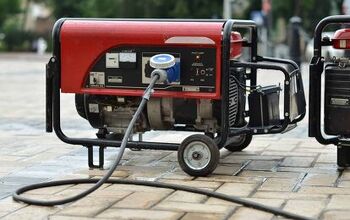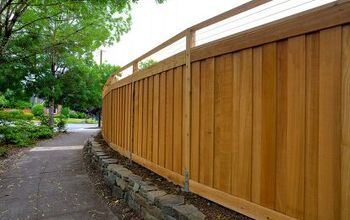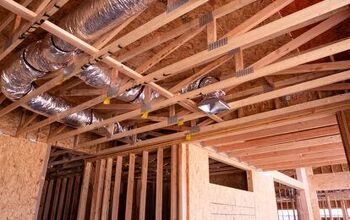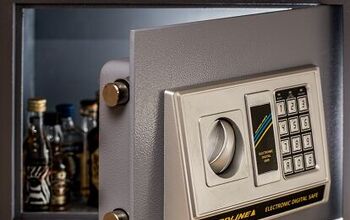Ductless Vs. Ducted Heat Pump: Which One Is Better?

Heat pumps offer an alternative to central heating or furnaces. They basically take the warm area from one area and move it over to another. They are more efficient than furnaces, which burn fuel to create that heat source.
But is the better choice to go with ductwork or a ductless option? Ducted heat pumps heat the whole home and do so pretty efficiently. They might not be the best to look at but they offer convenience. Ductless installations are cheaper and you don’t have to worry about dust or vermin in the ducts. But they only heat one room, which means you need to have several to heat the entire home.
Do You Need a Heating and Cooling Contractor?
Get free, zero-commitment quotes from pro contractors near you.

What is a Heat Pump?
Before we go any further, it helps to know what the difference is between a heat pump and a furnace. Typically speaking, you will find the latter in most residential structures. They are a central heat source that carries heat through the ducts and into individual rooms.
Whereas a furnace creates that heat through the burning of a fuel, heat pumps take the warm area from one area and move it to another. Heat pumps are a much “greener” option than furnaces since they are not burning any fuels.
And despite its name, heat pumps can also function as an air conditioner since it uses the same process but in reverse. It takes the hot air out of your home and moves it outdoors. So having a heat pump is actually quite versatile.
Ductless vs. Ducted
At first blush, the answer to the question “what is the difference between the two” is obvious. But there is more to it than that. For one, you can use a heat pump with ducts to heat your whole home. You can’t do that with ductless.
Because there are no ducts, ductless heat pumps are meant to heat the room they are in. For smaller spaces, that may suffice. For larger homes, however, it can create an imbalance in temperatures from one room to the next.
Ducted heat pumps tend to keep a more consistent temperature throughout the home. That increased efficiency means having to run it less, which results in lower energy costs. While there may be larger installation costs for a ducted unit, it could wind up saving lots in the long run.
The Pros of Ductless Heat Pumps
There are more than a few perks of going with a ductless pump. These are also known as mini-split heat pumps (mini-splits for short). Because there are no ducts they blow the warm or cool air into the room directly. Here are the most notable pros of going with this style.
Easy Installation
One of the biggest perks of a ductless heat pump is that it is minimal in terms of intrusion. All it takes is a small hole in the wall to install them, which means far less in installation costs upfront (they aren’t a DIY project, though).
For smaller homes or smaller budgets, ductless heat pumps can be installed quickly and easily, adhering to most budgets. For one or two-room use, a single heat pump can do the job without the need to install more expensive ductwork.
Efficiency
There is a greater importance than ever before in terms of efficiency in energy use. Many have the goal of leaving a smaller carbon footprint but even more still simply want to save on their energy bills. Either reason is fine and finding a more efficient method becomes key.
For that reason, ductless heat pumps are a great choice. They can cut heating costs by as much as 60% compared to electric systems and cooling costs by 30% compared to traditional air conditioners. If you want lower utility bills, going with a ductless setup is a great place to start.
Cons of Ductless Heat Pumps
While there are more than a few things to like about ductless heat pumps, they are far from perfect. Here are just a few of the most common detriments to having a ductless heat pump.
They’re Ugly
Sure, ductless heat pumps tend to be a lot less ugly and cumbersome than your average window air conditioner. That said, they aren’t going to win awards for home design anytime soon. They jut out from walls and can be quite intrusive no matter how sleek in construction they are.
Uneven Temperatures
While they are easy to install, there is the issue of heat and cool distribution. For one room, ductless heat pumps are fine. But if you are trying to heat or cool more than one room on a single pump, you will run into problems. Uneven heat and cool distribution means less efficiency, which all adds up at the end of the day.
A Variety of Installation Options
Because there is no ductwork required, there is a more diverse choice as far as installation options. In ducted heat pumps, the ductwork dictates where the heat pump can be installed, leaving you with fewer options.
Ductless heat pumps can be installed just about anywhere. They can go on a wall, on the floor, even in the ceiling if you are so inclined. Being able to choose where you want your heat pump can play into the flow of the entire room making for optimal convenience.
The Pros of Ducted Heat Pumps
On the flip side of the coin is ducted heat pumps. If you don’t find a furnace in the home, you are likely to see a ducted heat pump instead. There are a variety of reasons for this, with a few of them listed below.
Better Heat Distribution
The biggest downfall to ductless units is that they have uneven heating and that they really are only meant to heat one room at a time. But with a heat pump that has ducts, they can deliver far more heat and can do so throughout an entire home.
The better heat distribution is also why they are so efficient. The average ducted heat pump can deliver as much as three times the heat energy as the electrical energy that it uses. That makes them more efficient and eco-conscious than furnaces.
Greater Convenience
Because they can distribute heat or cool air throughout the home, there is only the need for the one unit. With ductless, you would need several units to heat multiple rooms throughout a larger home or property.
But with ductwork, that single unit can sufficiently heat the entire home. That means not having to buy additional units to accommodate. It also means better efficiency because heating and cooling will be more evenly distributed throughout the home.
Better Design Aesthetics
Ductless heat pumps can be somewhat unsightly from a design aspect. Since there are ducts attached here, you won’t have the same issue. The ducts are all hidden behind the wall, meaning you have no need for intrusions.
Heat can be controlled from a central panel, minimizing the wall space taken up and providing a smoother, more efficient look overall.
The Cons of Ducted Heat Pumps
There is a lot to like about ducted heat pumps. That said, they are far from perfect. Here are the most prominent flaws with this option.
Much More Expensive
Having ductwork installed in your home is never going to be cheap. And if you start out with ductless and want to make the change, it can be disruptive, expensive, and time-consuming. Sure, there is the benefit of greater efficiency and a better aesthetic, but it all comes at a cost.
Don’t Think About What’s in the Ducts
Perhaps the biggest downside to having ducts is what could be in them. At best, there will be a build-up of dust in your ducts. That’s still not good, as that dust can be distributed throughout your home, making it a nightmare for those with allergies.
In the worst-case scenario, it can be a haven for rodents. If you live in a wooded area, there is the risk that they may find solace somewhere in your ductwork. Regular maintenance will help keep your ducts clean and clear.
Do You Need a Heating and Cooling Contractor?
Get free, zero-commitment quotes from pro contractors near you.

So, Which is Better?
It is difficult to say which one is definitively better than the other because they are used in entirely different installations. You generally wouldn’t want to use a ductless heat pump for a larger home with more rooms because of the potentially uneven heating. But you wouldn’t necessarily need ducts for a smaller home.
Both units are efficient, more so than furnaces. There are obvious installation costs for ducted heat pumps and even some concern about dust and dirt being trapped in the ducts. But ducted units tend to have a more even distribution of heat, making them more efficient in the long run.
In the end, it really comes down to the size of the property. If you have a smaller square footage it may be more practical to go ductless. But for most homes, where central heating is better served, a ducted heat pump would be the better choice of the two.

Ryan Womeldorf has more than a decade of experience writing. He loves to blog about construction, plumbing, and other home topics. Ryan also loves hockey and a lifelong Buffalo sports fan.
More by Ryan Womeldorf



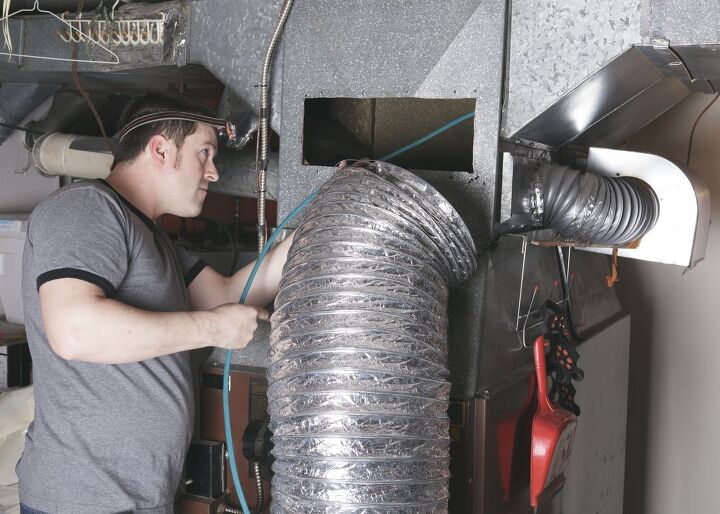






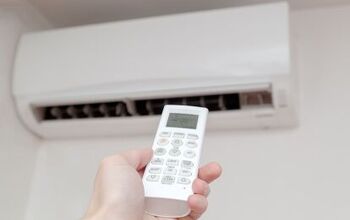
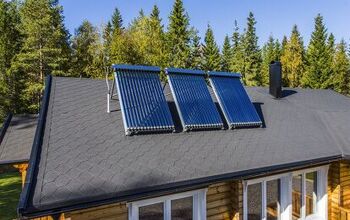
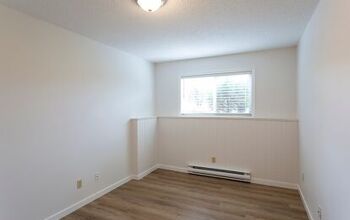
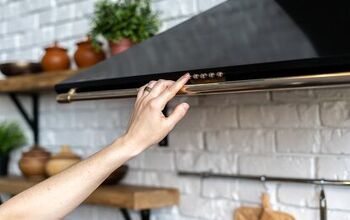
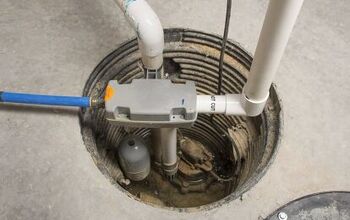
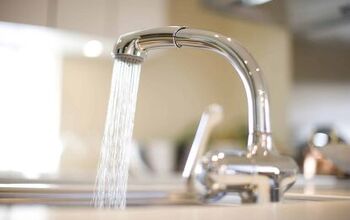
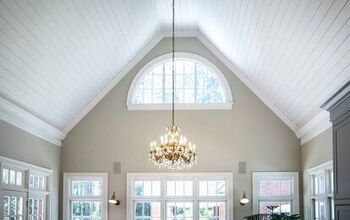
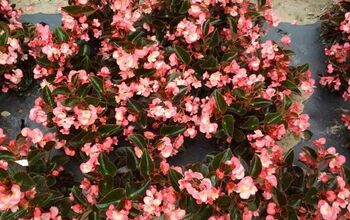
![Cost To Drill A Well [Pricing Per Foot & Cost By State]](https://cdn-fastly.upgradedhome.com/media/2023/07/31/9074980/cost-to-drill-a-well-pricing-per-foot-cost-by-state.jpg?size=350x220)


